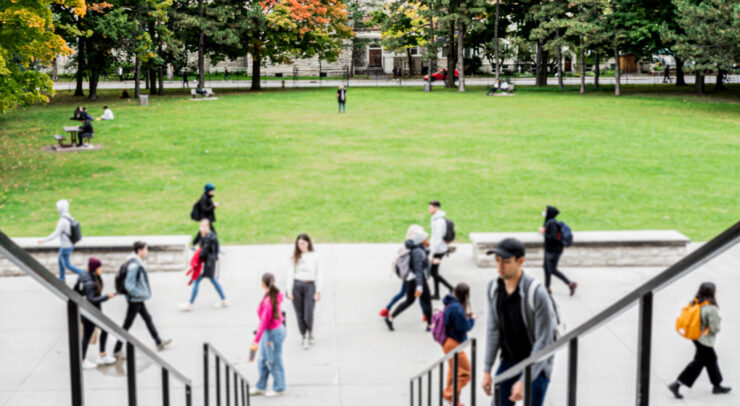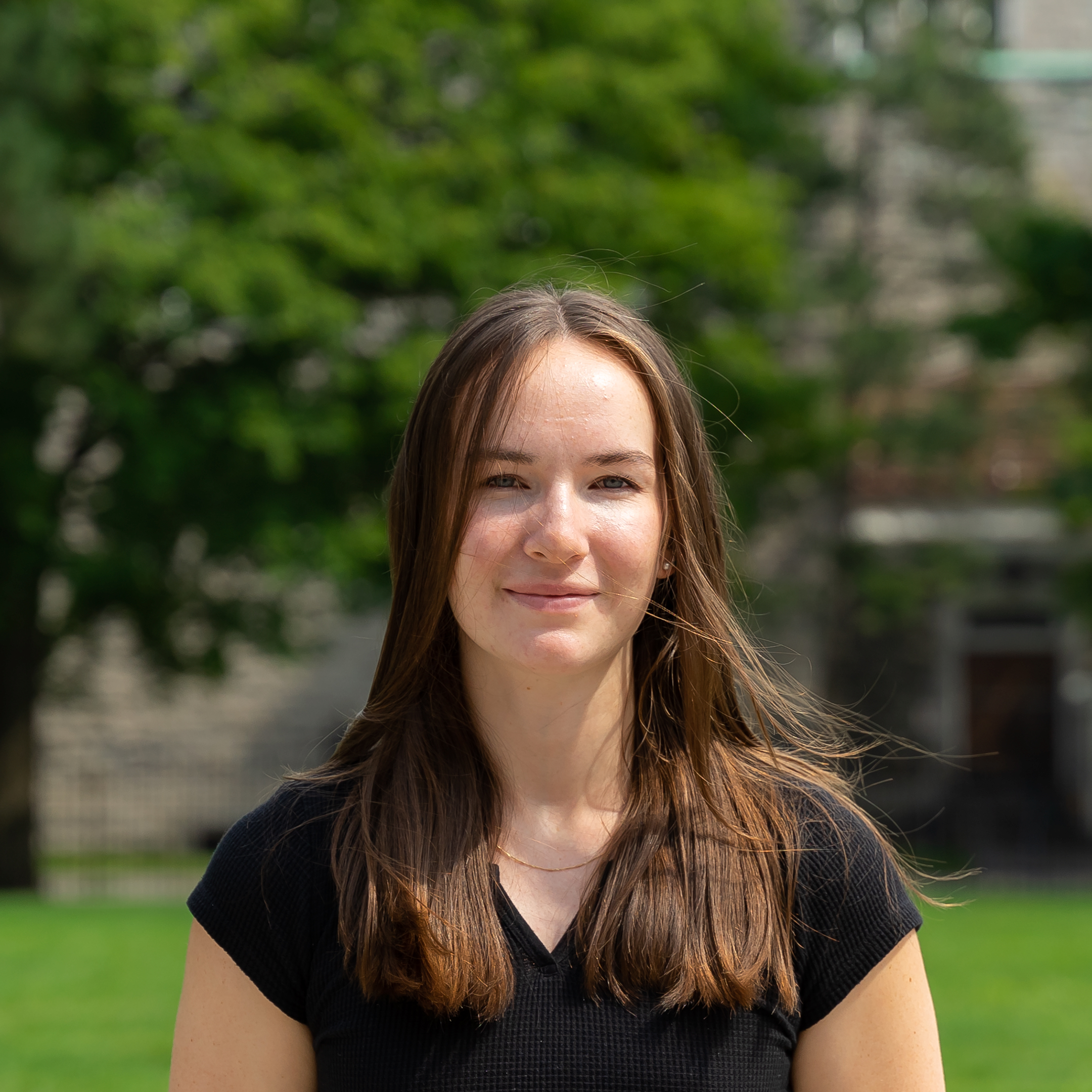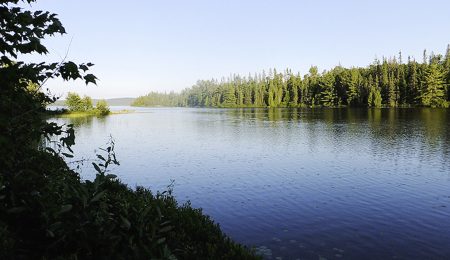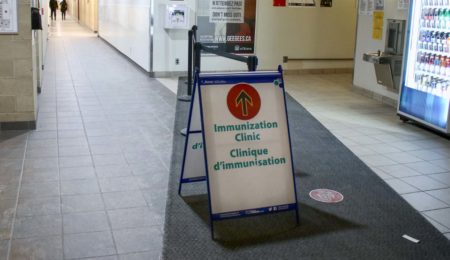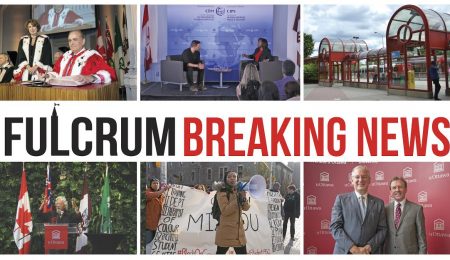The undergrad experience during a pandemic
I was never the kind of person who had my entire life planned out. In high school, I was questioned about my decision to go into anthropology. A number of my friends and family members asked: “but, what are you going to do with anthropology when you graduate?”
My answer was always, “I don’t know what the world is going to look like by the time I graduate, so I might as well do something I enjoy now.”
(Turns out, the answer to this question is more school. As I write this, I’m waiting to hear back from the schools I applied to for graduate studies.)
Looking back on that, I might’ve jinxed the entire pandemic. If I’d tried to make any real predictions for the future, I definitely wouldn’t have guessed what actually happened.
First Year
I started my first year in September 2019. At the very end of August, my parents helped me pack up everything I needed (and a lot of things I didn’t) and we were on our way to Ottawa. I made the mistake of picking an early afternoon move-in slot, thinking 1 p.m. was an early-but-not-too-early time, forgetting we had to make the five-hour drive from Mississauga that morning. Nevertheless, I moved into my new room on one of the higher floors of 90U.
The next day, my parents left and my life as a U of O student began.
I spent my 101-Week with the Sociology and Anthropology Student Association (SASA). It’s not a huge program—we numbered around 40 101ers at the most well-attended events, which was practically nothing compared to the massive crowds of Telfer or engineering students. (I obviously enjoyed it, seeing as I returned as a volunteer 101-Week guide for the next three years.)
Confession: I was late to my first-ever university event. By the time I got there, I saw that all of my peers had already been paired off, starting to form those fast friendships that come from not knowing anyone else.
Lucky for me, another girl was also late. We got paired off, and we each made our first friend at university. I still live with her, so I guess the icebreaker did its job. We spent the rest of 101-Week nearly joined at the hip—and we still are, seeing as we have many anthropology classes together.
Pretty quickly, we had a friend group forming: my anthropology friend, her roommate, her roommate’s friend from 101-Week, and a friend I made in another class (who, due to mutual roommate complications, would become my roommate by January).
We settled into a routine after that of attending class, studying in common rooms, and eating at the dining hall; preparing for our first midterms, then our first exams; cold nights waiting to get into Mardi Gras; and even colder walks back (this was before you could order an Uber to Quebec).
When I think back to first year, I sometimes forget how the year ended.
In March 2020, the COVID-19 pandemic forced universities to close. The early days of the pandemic didn’t feel entirely real. One Friday, the University cancelled classes for the next week and recommended students in residence go home. But it was still a Friday. Many people I knew still went out. I packed my suitcase, then went to my friend’s room for a party. I went home the next morning
I so thoroughly believed in the “two weeks” promise that I left most of my room intact. It’s embarrassing, in hindsight, when I drove up less than a week later to move out completely. The University moved classes online, made exams optional, and offered a refund on residences and meal plans for the remainder of the semester.
I stayed home the rest of that summer, but it was hardly the summer I had been expecting—my friends from high school and I got jobs at the same restaurant, just so our parents would still let us hang out.
Second Year
Despite classes being online for the year, I moved back to Ottawa in September 2020 to pretend life was somewhat normal. Besides, we’d signed a lease in February. If I was going to be paying rent on a house, I figured I might as well live there with my friends.
In a word, the 2020–21 school year was uneventful. Literally nothing was happening. School-wise, all classes were online. Professors were adapting to virtual learning and students were fighting to stay motivated when their bed was so close to their new “classroom.”
This was also the time of “social bubbles.” I won’t dismiss the idea, but when you apply it to households of students living together while still having independent lives, you’ll find the bubble quickly grows past ten—and pops. No one tell Doug Ford, but we figured most of the student population could be connected through overlapping bubbles.
Weeks bled into each other: class from my bedroom during the day; on the weekends, getting “going out ready” just to sit and drink at home; and maybe we’d see a friend who’d been deemed “safe.”
Third Year
I think out of the entire virtual learning experience, 2021–22 was the weirdest and the most difficult to get used to. Professors weren’t shy with their dislike of the “hybrid” format. During the entirely online semesters, it felt like normal expectations were suspended for everyone’s benefit. By 18 or so months into the pandemic, with some students in-person and some attending virtually, it was clear that students and faculty both were itching to get back to the real normal, not the supposedly temporary ‘new normal’ we’d been living for almost two years.
(Side note: this was an important year for me, because this was when I first signed up as a contributor for the Fulcrum. As cliché as it sounds, my only regret is that I didn’t volunteer earlier.)
Life outside of school was also in a state of semi-normality. We swung between lockdowns and everything being open. Throughout the year, fines from Bylaw were a threat to students and businesses, as was the Omicron variant. Day-to-day, it was hard to keep up with what was open and what was closed—especially once the Freedom Convoy showed up.
In hindsight, I can laugh about seeing the Twitter announcement that the campus was closed while I was in my in-person 7–10 P.M lecture. Though, at the time, the Freedom Convoy gave Ottawa residents a complete lack of freedom.
I can confidently say the period after winter reading week 2022 was the most normal since pre-reading week 2020. Seeing campus open and populated that spring contributed to that feeling.
Fourth Year
The 2022–23 school year has felt mostly normal for me. However, it seems like the school is still facing issues around accessibility and finding a balance between in-person, hybrid, and virtual classes.
At this point, not everyone’s experience with the COVID-19 pandemic can be generalized as it could when everything was virtual. Personally, I feel like my school and social life are completely normal and there are very few lasting effects of the pandemic. The school gyms getting rid of the booking system in October 2022 was a game-changer for normalcy.
As of right now, the default is in-person. In most cases, I’m happy about that, but writing my first in-person, handwritten exam since December 2019 did not feel good on my fingers.
I also know some of my peers continue to attend school virtually — and are dealing with the negative attitudes of the school and some faculty for it. Anyone requesting accommodations from the school seems to be at the mercy of their professors’ whims. Some professors are more willing than others to have a student attend lectures virtually.
Obviously, the world was going to change between 2019 and 2023. But, if it weren’t for a pandemic completely altering a lot of the structures in our lives, who’s to say how big that change would’ve been?
COVID-19 is still recent enough in our memories. We’re still living in the aftermath of it. In a few years, I wonder how much we’ll remember from and be affected by the restructuring of the last few years. Besides the obvious jokes about traditionally hands-on majors graduating from Zoom University, how much will the in-person, then virtual, then in-person education affect graduating classes?

